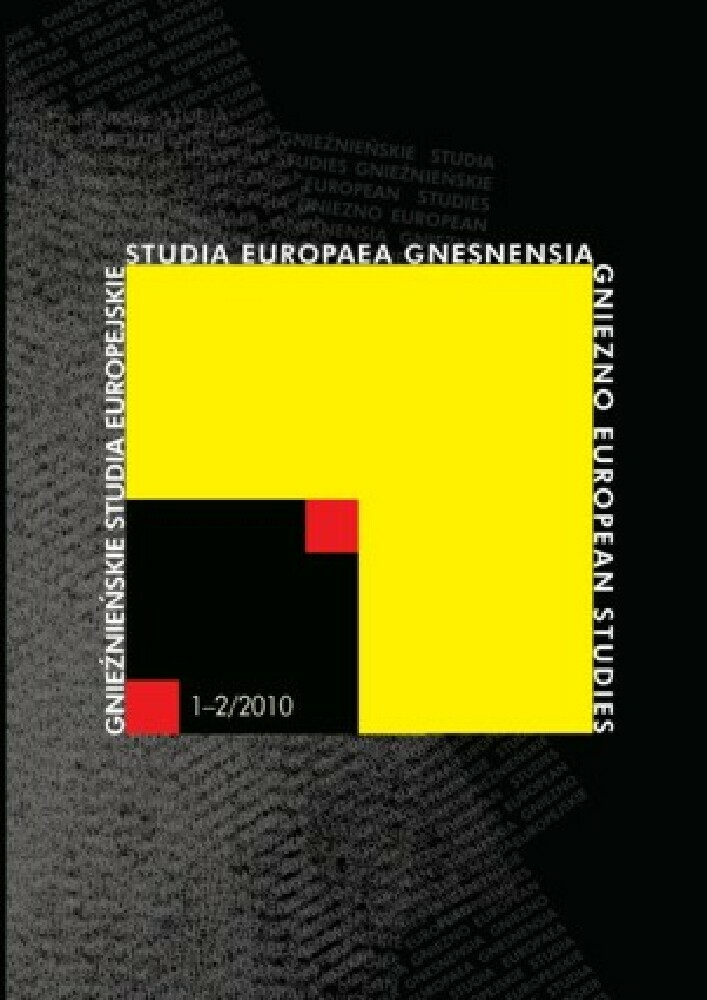Abstract
The article addresses the issue of relations between Rome and its provinces on the example of the community of legionnaires serving on the Iberian Peninsula. The legion service was not limited to the military aspect, which is manifested in the numerous mutinies of the soldiers. By juxtaposing the account of chroniclers of the period with the findings of contemporary historians concerning the causes of mutinies the author presents the material and social dimension of Roman expansion.
Riferimenti bibliografici
Acimovic A., Scipio Africanus, New York 2007.
Chrissanthos S.G., Scipio and the Mutiny at Sucro, 206 B.C, s.172–184.
Chrissanthos S.G., Scipio and the Mutiny at Sucro, 206 B.C., Historia. Zeitschrift für alte Geschichte 46, 2, 1997.
Develin R., The Roman Command Structure and Spain 218–190 B.C., Klio 62, 2, 1980, s. 359–360. DOI: https://doi.org/10.1524/klio.1980.62.62.355
Erdkamp P., Hunger and Sword, Warfare and Food Supply in Roman Republican Wars (264–30 B.C.), Amsterdam 1998. DOI: https://doi.org/10.1163/9789004525818
Gabba E., Republican Rome. The Army and Allies, Oxford 1976, s. 9–10. DOI: https://doi.org/10.1525/9780520313699
Gabriel R.A., Scipio Africanus, Rome’s Greatest General, Washington 2008 (wyd. polskie: 2010).
Gruen E.S. , Material Rewards and the Drive for Empire, [w:] Roman Imperialism. Readings and Sources, ed. B. Champion, Oxford 2004, s. 30–46.
Harris W.V., War and Imperialism in Republican Rome 327–70 B.C., Oxford 1979, s. 47, 58–59, 74–75, 101–102.
Haywood R.M., Studies on Scipio Africanus, Baltimore 1933.
Jaczynowska M., Kult wodzów rzymskich w okresie Republiki (III–I w. p.n.e.), Balcanica Posnaniensia. Acta et studia 3, 1984, Novae i kultura starożytna, s. 161–163.
Jundziłł J., Wzorce i modele wychowania w rodzinie rzymskiej okresu III w. p.n.e. — III w. n. e., Bydgoszcz 2001, s. 44.
Kramer F.R., Massilian Diplomacy before the Second Punic War, American Journal of Philology 69, 1, 1948, s. 1–26; J.S. Richardson, Hispaniae, s. 17–18, 35–36. DOI: https://doi.org/10.2307/291316
Lazenby J.F., Hannibal’s war. A Military History of the Second Punic War, Warminster 1998, s. 152–153.
Marks R., From Republic to Empire: Scipio Africanus in the Punica of Silius Italicus, Frankfurt am Main 2005.
Morstein-Marx R., Mass Oratory and Political Power in the Late Roman Republic, Cambridge 2004, s. 128–136. DOI: https://doi.org/10.1017/CBO9780511482878
Moscovich M.J., Dio on Scipio’s Return from Spain in 205 B.C., Ancient History Bulletin (dalej: AHB) 2, 1988, s. 107–110.
Nicolet A., The World of the Citizen in Republican Rome, Berkeley 1980, s. 117; L. de Ligt, Roman Manpower, s. 124.
Rich J. , Fear, Greed, and Glory: The Causes of Roman War Making in the Middle Republic, [w:] Roman Imperialism. Readings and Sources, ed. B. Champion, Oxford 2004, s. 50–51.
Rich J., Fear, Greed, and Glory: The Causes of Roman War Making in the Middle Republic, [w:] Roman Imperialism, s. 46–67.
Richardson J.S., Hispaniae, s. 108–109.
Richardson J.S., Hispaniae. Spain and the Development of Roman Imperialism, 218–82 B.C., Cambridge 2004, s. 53–54.
Rosenstein N., Military Command, Political Power, and the Republican Elite, [w:] A Companion to the Roman Army, s. 132–147. DOI: https://doi.org/10.1002/9780470996577.ch9
Salmon E.T., Scipio in Spain and The Sucro Incident, Studii Clasice 24, 1986, s. 77–84.
Scullard H.H., Scipio Africanus in the Second Punic War, Cambridge 1930.
Scullard H.H., Scipio Africanus: Soldier and Politician, New York 1970.
Seguin R., La religion de Scipion l’Africain, Latomus 33, 1974, s. 3–21.
Sumner G.V., Proconsuls and Provinciae in Spain, 218/7–196/5 B.C., Arethusa 3, 1970, s. 88–89.
Williams M.F. , Shouldn’t You Have Come and Talked to Me about It? Democracy and a Mutiny in Scipio’s Army (Polybius X 25–30), AHB 15, 2001, s. 143–153.
Ziółkowski A., Historia Rzymu, Poznań 2004, s. 229–231.
Licenza
Copyright © 2010 by IKE and PTPN
